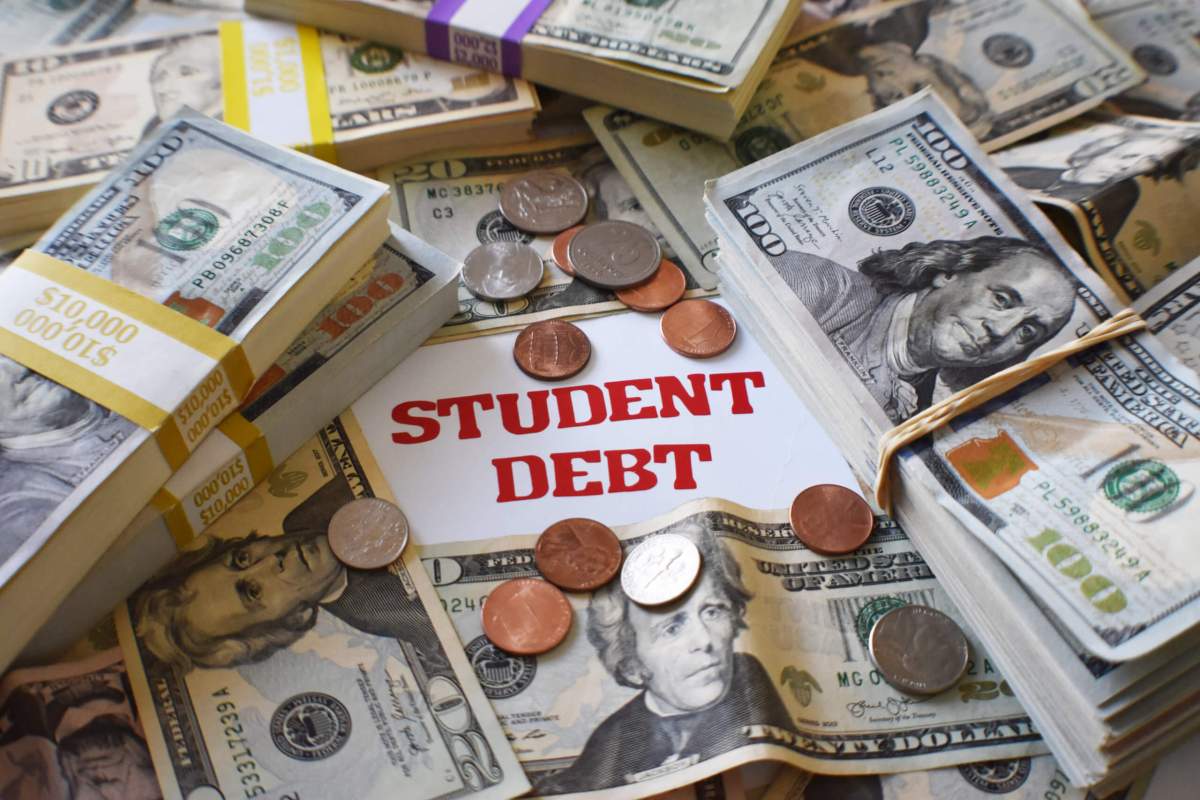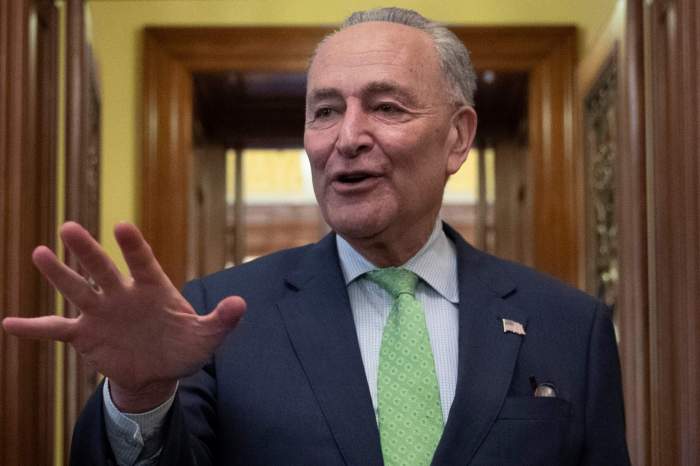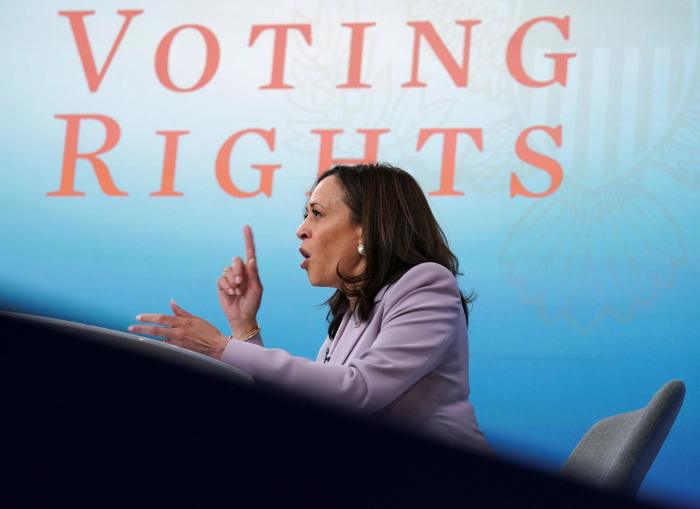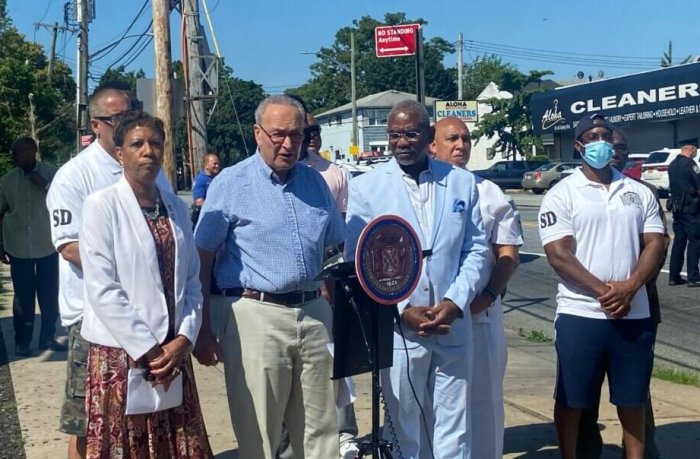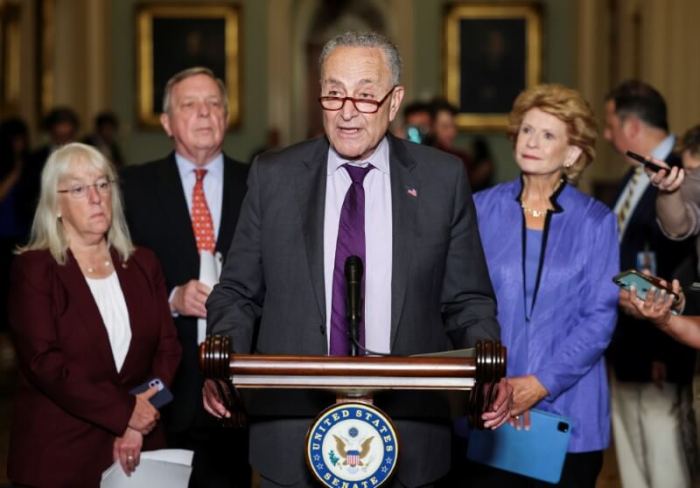The clock’s ticking on 2.4 million New Yorkers saddled with $91.6 billion in student loan debt who they must begin repaying in February, when the federal government’s pandemic-related payment pause.
While many of them might seek forgiveness from their loans, they and millions of other Americans burdened with student debt are facing a good chunk of their income being lost once the pause expires, according to Senate Majority Leader Chuck Schumer. With that in mind, Schumer said on Monday he wants to do the next best thing to forgiveness: urging the Biden Administration to extend the pause beyond Feb. 1 to a later date.
“If we don’t extend the pause on payments, then that horrendous interest will pile up at a time when too many are still not financially prepared to shoulder a giant monthly bill,” Schumer said in a Dec. 6 statement. “Moreover, with Omicron spreading, the uncertainty with what happens next demands at least one more extension of the student loan payment pause.”
Schumer’s push for an extended pandemic student loan pause comes on the heels of the national”Student Debt x COVID-19″ survey conducted by the Student Debt Crisis Center, a nonprofit organization, and Savi. The recently-released report on the survey concluded that some 89% of borrowers with full-time jobs said they aren’t financially secure enough to resume making their student loan payments as of Feb. 1. One in five borrowers said they will likely never been able to resume making payments.
“Our newest Student Debt x COVID-19 survey proves that student loan borrowers face economic obstacles that are larger and longer-lasting than we imagined. As the economy recovers, even fully-employed student loan borrowers are not financially secure enough to make payments again. Simply put, Americans with student debt aren’t facing an employment crisis, they are facing a student debt crisis,” said Natalia Abrams, president and founder of Student Debt Crisis Center. “When the payment pause ends on Feb. 1, borrowers will have the rug pulled out from under them as they work to get back on their feet. We are especially concerned that the burden of loan payments will collide with other changes in the economy.”
Most survey respondents said the student loan payments they would resume making on Feb. 1, averaging about $393 a month, would eat into their incomes and make it much more difficult to afford the basics such as rent, car loans and medicine. Add in inflationary pressures, and Schumer said the ongoing student debt crisis would make it all the more unbearable for borrowers.



